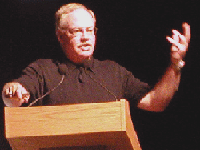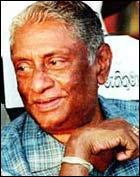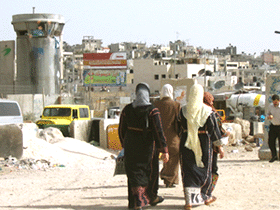
Copper vs. Ecology in Ecuador
Junín, a small town in the mountainous Intag region of northwestern Ecuador, is home for about 500 Ecuadorians. The community is rich in many ways. Fertile land produces organic coffee, sugar cane, and oranges for exportation. Junín is located next to the Cotacachi-Cayapas Ecological Reserve and the people of the village created their own community ecological reserve 8 years ago. These protected areas cover a large expanse of cloud forest and contain one of the world's most biologically diverse ecosystems. Public works projects like road maintenance or repairs on the school house are done with the traditional minga system, where members from each family volunteer to do a couple days of work for the common good. However, in the eyes of Ascendant Copper Corporation, a Canadian mining company, Junín's wealth isn't in its people or its diverse ecosystem-it's in its rocks.




